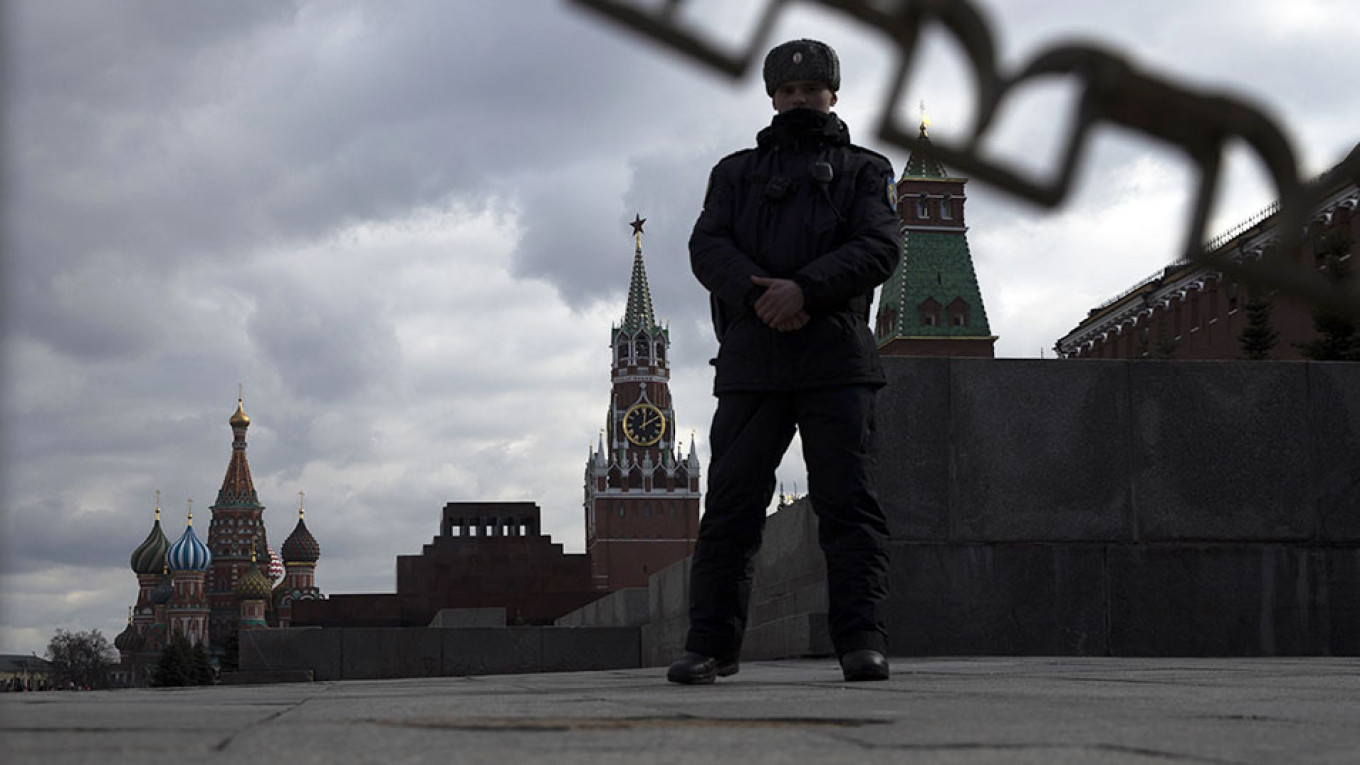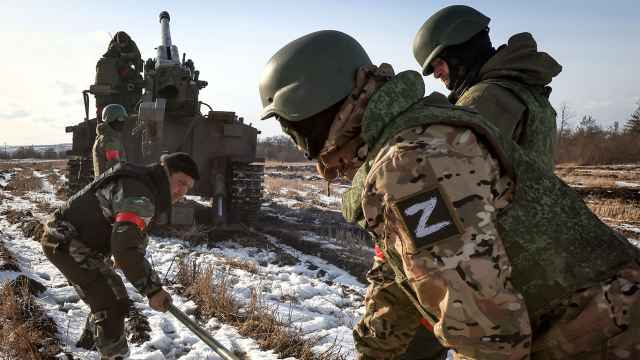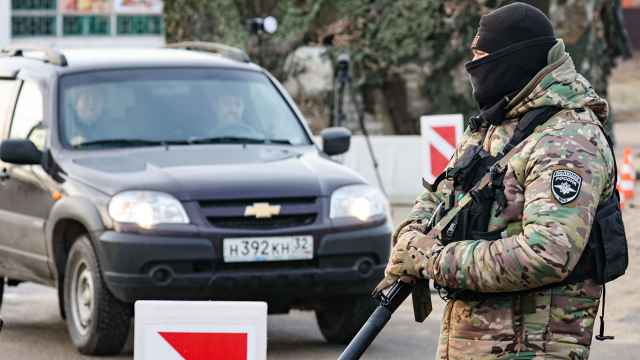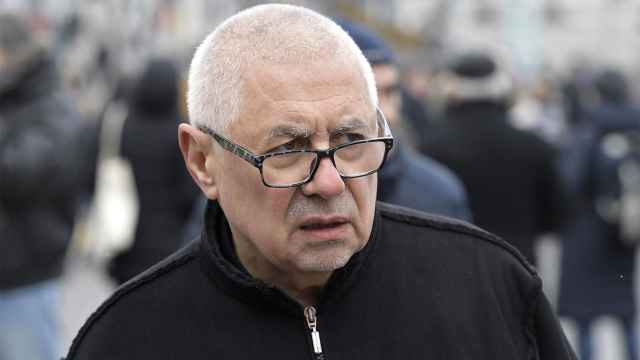Russia has foreign enemies who are busily working with co-conspirators right here at home. This is the message that Russian officials, TV anchors and the new laws passed by the State Duma are drilling into everyone’s head. The first law took aim at foreign agents in the form of outside organizations with supposedly subversive agendas. Now the authorities can apply the same label to individuals.
Of course, the authorities are enforcing these laws to hurt civic organizations and various outspoken individuals. The main purpose of the legislation and media rhetoric, however, is to set the tone of the public discourse — or what passes for such in Russia. The framers of these laws are not so much attempting to commit mass repression as to create a mindset among the people — backed up by targeted crackdowns.
Once this mindset is in place, no marches, special procedures or even public speeches are necessary to carry out a whole range of “emergency measures.” The Kremlin never officially claims that the country is at war, but they do say the country is rife with foreign agents. The front lines in this battle are fuzzy, but a strong home front effort is needed nonetheless. The people must rally together and identify the foreign agents in their midst.
In times of peace, the argument goes, no one would resort to such measures. But with the harsh reality of war upon us, vigilance is needed. Therefore, elections will be little more than a formality. How can there be political competition when the country is under siege?
If this or that candidate is barred from running in an election, he or she must have been aiding the enemy. No one really believes that elections in this country involve a serious freedom of choice, but with the enemy at the gate, this semblance of democracy is all that society can muster.
The same is true of the economy. Although the Moscow city center is a beautifully decorated showcase suggesting that Russia is in the midst of an economic boom, everyone knows it is not — and the authorities explain that economic competition and real development are impossible now that the enemy is upon us.
What remains unclear is the exact location or even nature of this front line — as well as the real reason behind the Kremlin’s efforts to rally the people. Officials never divulge that information, just as they never use the term “war” to describe the current struggle. And it is interesting that foreign experts from the very countries supposedly so dangerous to Russia have been praising the Kremlin’s foreign policy lately, and primarily its successes in the Middle East. The Kremlin, however, does not focus on these victories.
Kremlin spin doctors understand that most Russians are uninterested in foreign policy and that successes in the Middle East could hardly be used to justify Moscow’s domestic policies. Thus, the front line in the current struggle remains ambiguous. The Kremlin never refers directly to the underlying rationale for its current policies — perhaps because no legitimate rationale exists.
Russia’s leaders face a difficult challenge: the people reject war and increasingly demand their rights, economic growth and prosperity. In short, leaders face the same conditions that exist everywhere in the world today: permeable borders and relations between dominant and subordinate peoples that are constantly in flux. It has become impossible to wage a traditional war with a unified and self-sacrificing corps of citizens on the home front. Therefore, leaders are trying to build an imaginary war and home front in people’s minds.
A Russian version of this article was first published by Vedomosti.
A Message from The Moscow Times:
Dear readers,
We are facing unprecedented challenges. Russia's Prosecutor General's Office has designated The Moscow Times as an "undesirable" organization, criminalizing our work and putting our staff at risk of prosecution. This follows our earlier unjust labeling as a "foreign agent."
These actions are direct attempts to silence independent journalism in Russia. The authorities claim our work "discredits the decisions of the Russian leadership." We see things differently: we strive to provide accurate, unbiased reporting on Russia.
We, the journalists of The Moscow Times, refuse to be silenced. But to continue our work, we need your help.
Your support, no matter how small, makes a world of difference. If you can, please support us monthly starting from just $2. It's quick to set up, and every contribution makes a significant impact.
By supporting The Moscow Times, you're defending open, independent journalism in the face of repression. Thank you for standing with us.
Remind me later.








